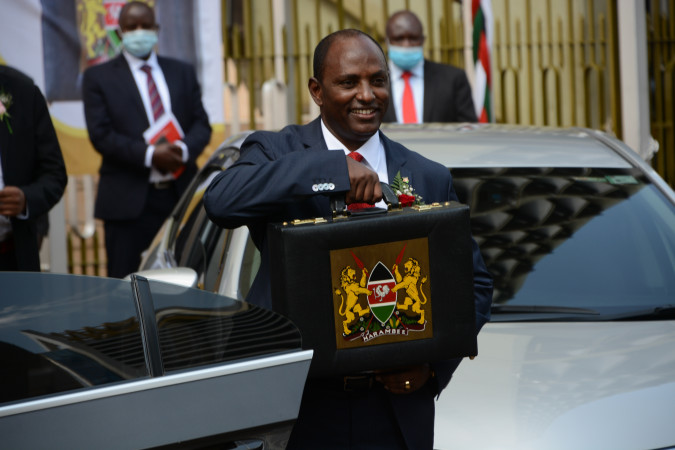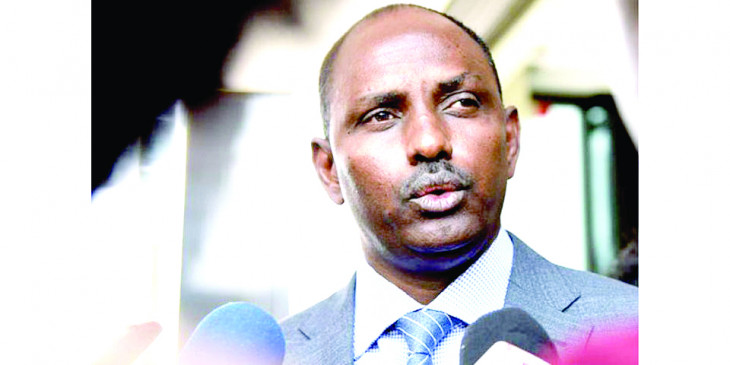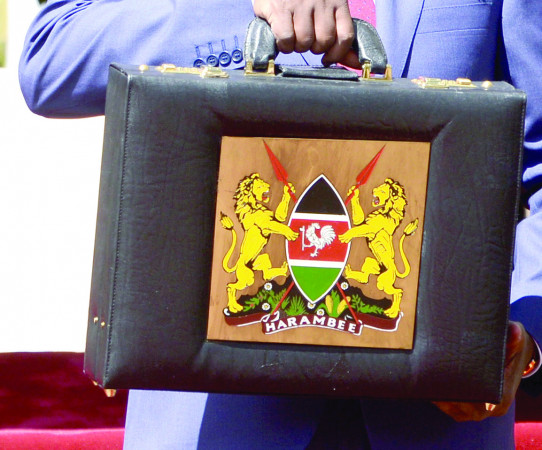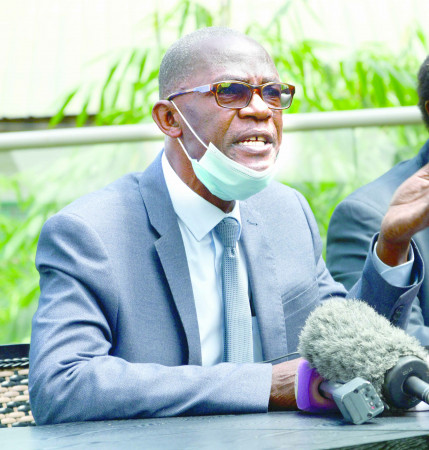Budget failed to tackle cost of living living for

President Uhuru Kenyatta’s Sh3.3 trillion exit budget, which came amid agitation for a reduction in the cost of living, is seen as being underwhelming due to the time it may take to trickle down.
In the Budget speech, Treasury Cabinet Secretary Ukur Yatani said the government will allocate funds for fertiliser subsidies to small scale tea farmers, the Kazi Mtaani programme, and also invest in improving healthcare and education.
Granted, Treasury allocated Sh513 billion to the education sector to implement the Competency-Based Curriculum, and Sh317.8 billion to security agencies to safeguard the country.
The local public service vehicles assembly firms will also be looking to benefit from the exclusion of taxes to expand their operations after the minister said they will enjoy tax relief.
Whereas these are welcome measures to Wanjiku, it is notable that the Budget was short of measures that would have a direct and immediate knock-on effect, and ease the current economic burden on the common man.
In order to address Wanjiku’s concerns, subsidies on basic food commodities such as flour and cooking oil would have gone a long way in relieving the current burden. Further, the targeted increase in tax revenue collection to 50.4 billion may have a ripple effect on the prices of commodities and the cost of living, leaving the common man in an even worse economic position.
There is also a push to have a deposit of 50 per cent of disputed tax revenue held in a special account at the Central Bank of Kenya as taxpayers sort out disagreements with the taxman. The move has the potential to lead to the closure of businesses due to the impact it will have on investors.
Further, the Sh46.8 billion set aside to spike growth in the agriculture sector as one of the key components of the Big Four Agenda is not enough based on the 2003 Maputo Declaration on Agriculture and Food Security that advocated allocation of at least 10 per cent of the national budget to agriculture development by African governments.
In general, while the Budget attempted to push for the finalising of the Big 4 Agenda mega-projects, it added pain to the suffering man on the streets. However, since the devil is always in the detail, time will tell how this policy direction holds for the economy. It is everyone’s hope that the Budget will not only spike growth but also cushion the common man from the elements.










